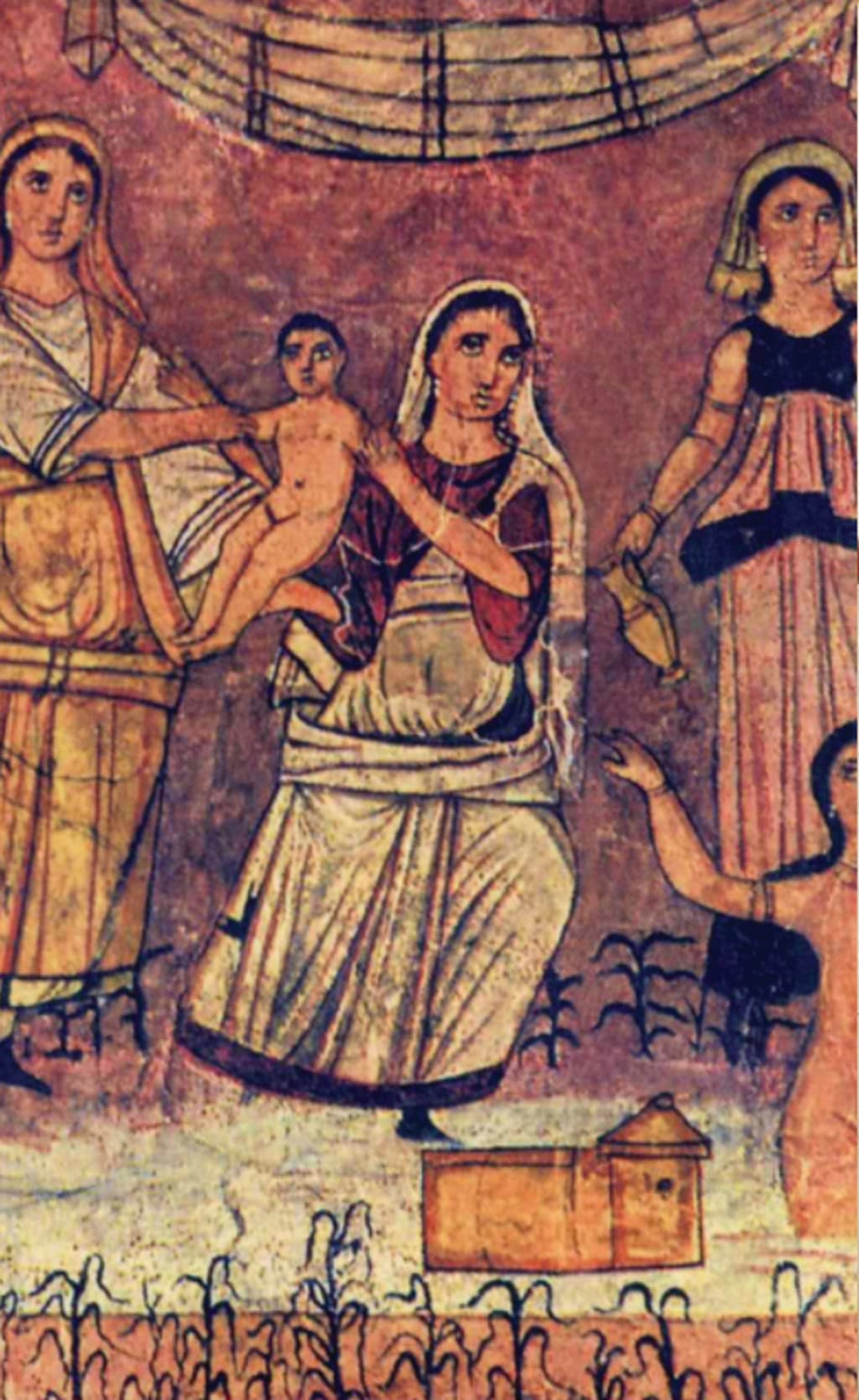On Gods, Goddesses and the Meta
Touching God, the monster.

My spellcheck wants to be God. Apparently, it likes ‘God’ to be capitalized but not ‘goddess’. As soon as female gender is certain, divine capitalization departs. Bad spellcheck! Bad bad spellcheck! You are going to give feminists a complex! Stop it!
I like to think I am a feminist. Not the fire breathing kind, but then I have walked into a blizzard planning to stay for awhile. Manitoba winters are pretty brisk. 'Pretty brisk' is English understatement. If you spend three days in a Manitoba blizzard, in a tent, in the wilderness, by yourself, in January or February, you will know which issues are all your own. It's most of them.
Are spellchecks, like ourselves, made in the image of God? Is there a bit of God in each spellcheck as there is, apparently, in each of us? Must I, in the sense of a moral imperative, pray for my spellcheck as it is so obviously among the world’s meek and forgotten, much as I am to pray for the cockroach splayed on the bottom of my shoe or the fly impacting a automobile window at high speed above some endlessly unvarying prairie road, the latter a sooth to all sleep disorders? The prairie roads, I mean.
Perhaps we, it, they…, are all the very fabric (fabrication) of God, the cum of God, if you will. Perhaps, our prayers are God having a private conversation with himself, herself, ourselves, as much as anything else. I mean, perhaps finding meaning in a practically endless, potentially multidimensional universe is as difficult for a Goddess as it is for us. Maybe life is primarily a task of self discovery, as much for the immortal as the mortal, and as much the purpose of, as the living of, life. Perhaps, God is as practically described by a unitary model (such as the religions of the Hebrews, Christians, Mohammedans, Modern North American Aboriginals) as practically as God being described as a group (a pantheon) (as by Classical Greeks, Classical Romans, Celts, Norse, Classical Kievian Rus, Classical Arabians, etc.) and similarly practical with no model at all (by agnostics, atheists, the Classical Chinese and Modern Chinese)
The permission for variation in viewpoint is, in technical language, sometimes called the meta model. English language technical words use Greek language cores as a kind of thank you to classical Greek culture for its great contributions to theatre (Oedipus Rex and other plays), competitive sports (the Olympics), literature (the Iliad), history (Herodotus), democracy (Athens and other city states), endurance (Marathon), military prowess (Sparta, Corinthia and Alexander the Great), permissible sexuality (all Greece), adoration of the human/divine form (all of the above) and awe (five of the seven ancient wonders of the world; my own way of counting (Alexandria was a Greek, as opposed to Egyptian, city).
A meta (from Greek meta ‘with, across, or after’) model for God casts a wide array of presentations, including the null hypothesis (denial) and every route permits seeing all as sacred. It places ancestral hands upon our shoulders and whispers into our ears: “Physics will still be here tomorrow (tomorrow is ‘waabang’ in Ojibwe). There are as many tomorrows as we allow. Slow down a little. Protect our family for now from the frenzy of our dancing. You are sacred. Accept your sacred status. Threat all as sacred. Decide what sacred means. Then protect it. Start with reducing ‘wants’. Start with reducing atmospheric carbon. Start with allowing the human experiment to continue. Honouring humans, including our internal animals, our internal monsters, and by 'honouring' I mean 'controlling' and I mean by witnessing our unending sacredness. These practises are the same as touching God.
About the Creator
Budsy Huggys
A lawyer planning to return to practicing status, a writer of literature and peotry, A housing facilitator, planner and developer, an advocate and support person to the homeless and the best love I can be to my beloveds.






Comments
There are no comments for this story
Be the first to respond and start the conversation.